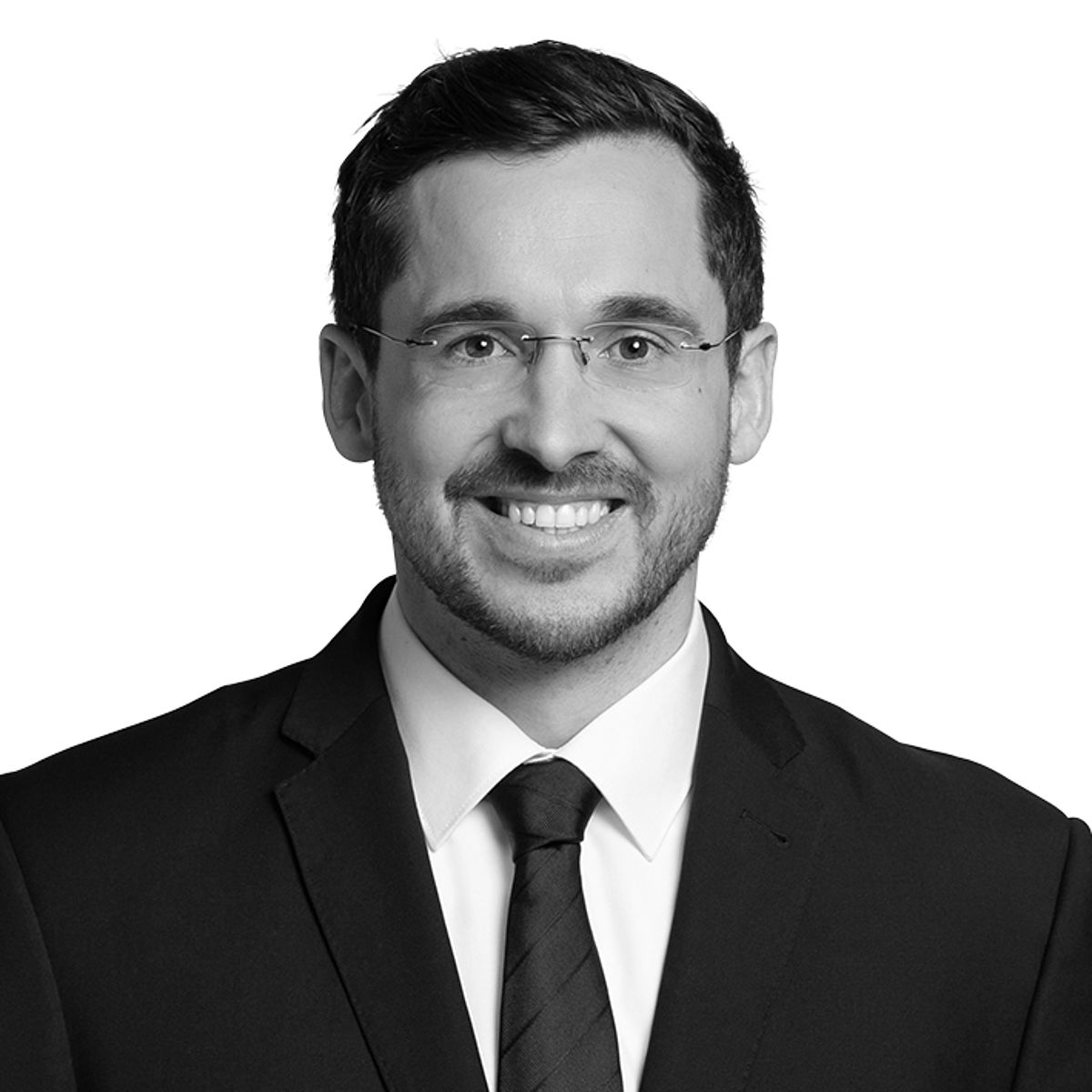Ultimately, we humans cannot tell whether a text was written by a human being or by software, or only with great effort. This holds great potential not only for fast journalism, but also for manipulation and abuse. When and how must the legislator demand this distinction? And must it treat what human and automated authors write equally or not?
These questions are not only multi-faceted in themselves; they also give rise to a whole new wave of questions: Do machines have a right to freedom of expression? Are human texts more worthy of protection than computer-generated texts? What copyrights exist for texts that originate from automated processes?
In automated journalism, too: Humans program the machines and thus have a fundamental influence on what they generate.
Dr. Dominic Habel
In media and information law, automated journalism is a topic that has hardly yet been dealt with. With his dissertation, Habel has therefore done some pioneering work. Step by step, he defines and discusses the relationship between humans and machines in automated communication, where human influence begins and where it reaches its limits. "The debate here often becomes quite heated. It's not about whether bots will assume 'communicative world domination’", the 35-year-old emphasises. "In automated journalism, too: Humans program the machines and thus have a fundamental influence on what they generate."
The crucial point in Habel's research is this: Can an automatically generated text still be completely reproduced by humans as a result? "Whoever writes an algorithm determines the language of the program, the vocabulary, the sentence structure, the tonality. So, it is absolutely within human reach to decide which building blocks the program will use, which data basis it will use, and what the object of the reporting will be", he explains. On the other hand, what man cannot do is predict how the program will decide and how exactly the text will be composed literally. "The programmer can, however, understand after the text generation has been completed what decisions the program has made during the text generation."
"If traceability is not guaranteed, the limits of imputability are exceeded. Due to their self-learning functionality, the processes remain somewhat like 'black boxes', the contents of which are unbeknown even to the creator of the program. It is therefore impossible to guarantee complete traceability for humans if bots are programmed with neural networks", states the lawyer.
Human and computer-mediated communication must be legally separated.
Habel identifies these aspects of traceability as decisive for whether or not the legal freedom of expression can be applied. "My sense of justice told me from the beginning: Automated communication is basically as worthy of protection as human communication, but it has a different quality and must be treated differently from a legal point of view. With my work, I have now been able to show that this feeling can also be supported by constitutional law and that human and computer-mediated communication must be legally separated." Habel is therefore also discussing regulatory options with which the legislator can create transparency, for example by requiring the labelling of automatically generated texts.
Dr. Dominic Habel (born 1984) studied law in Göttingen and Leuven and wrote his dissertation at the Chair of Public Law, Media and Information Law (Professor Kai von Lewinski). In 2016, he was awarded the Prize for Good Teaching by the University of Passau. Dominic Habel is a lawyer at Osborne Clarke in Hamburg, specialising in copyright and trademark law.
Professor Kai von Lewinski
What does the internet mean for geographically limited legal systems?
What does the internet mean for geographically limited legal systems?



